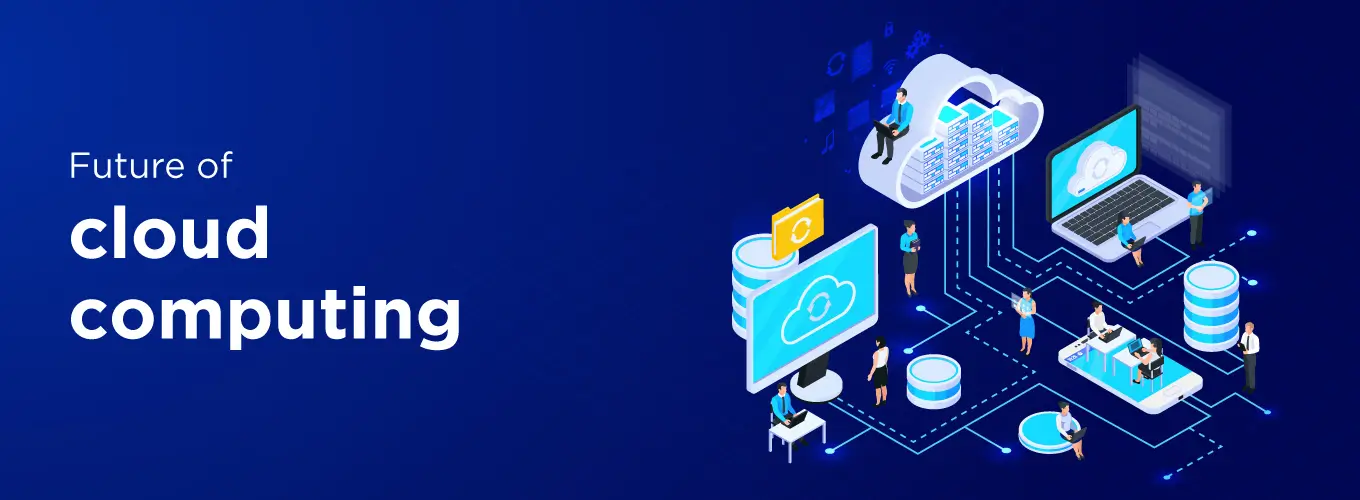Cloud computing has grown to be a crucial component of contemporary enterprises and organizations in recent years.
The way we store, access, and manage data has been completely transformed by cloud-based computing technology, which may provide scalable, affordable, and adaptable solutions.
It is critical to comprehend the developments and trends that will influence the cloud computing ecosystem as we go forward.
Technological Developments in Cloud Computing
With the speed at which technology is developing, cloud computing seems to have a bright future. There are a number of important sectors where major developments are anticipated.
Both machine learning and artificial intelligence
The combination of machine learning and artificial intelligence is one of the most interesting trends in cloud computing.
By using AI and ML to analyze and understand massive volumes of data, cloud platforms may now provide upgraded services that result in more intelligent automation and decision-making.
Cutting-Edge Computing
Another area of interest for cloud-based technologies is edge computing. Edge computing reduces latency and boosts efficiency by bringing data processing and storage closer to the source in response to the growing need for real-time data processing.
Cloud service companies are making significant investments in edge computing infrastructure in order to satisfy their expanding clientele.
Blockchain Methods
Blockchain technology is being incorporated into cloud computing platforms more and more to improve data transactions’ security, transparency, and trustworthiness.
Cloud-based solutions may provide a better degree of data integrity and security by using blockchain, which is essential for companies in delicate sectors.
Effects on Companies and Institutions
The development of cloud-based computing technologies will significantly affect companies and organizations in every sector of the economy. Businesses will be able to increase overall efficiency, optimize data management, and simplify operations thanks to these developments.
Economical Remedies
Because cloud-based computing does not need hardware or infrastructure on-premises, it provides organizations with affordable options. This increases flexibility and lowers total IT expenses for businesses by enabling them to pay for only the resources they utilize.
Flexibility and Scalability
Businesses can extend their operations with ease thanks to cloud computing, regardless of whether they want more processing power, storage, or specialized services. These flexibility and scalability are essential for companies with changing needs and expansion goals.
Increased Safety
Cloud-based computing provides improved security measures by integrating cutting-edge security features like blockchain technology, shielding companies from possible data breaches and cyber attacks. Businesses will be able to function with more assurance about the security of their data thanks to this.
Statistics and Case Studies
The effects of cloud-based computing technologies on companies and organizations are shown by a number of case studies and data.
Netflix as a Case Study
- Netflix moved all of its systems to the cloud, which made it possible for it to easily manage its enormous demands for processing and storing data. With this change, Netflix is now able to expand its operations around the world and provide its viewers with a flawless viewing experience.
Data: Cloud Usage
- The global market for public cloud services is expected to expand by 16.4% in 2021, reaching a total value of $304.9 billion, according to a Gartner estimate. This indicates that cloud-based solutions are becoming more and more popular across sectors.
In summary
Cloud computing technology has enormous promise for companies and organizations in the future. Cloud platforms will provide more reliable, effective, and secure solutions to fulfill the changing demands of the digital world as a result of developments in edge computing, blockchain technology, and artificial intelligence. Companies who adopt these developments will be in a strong position to prosper in the digital era and maintain their competitiveness.

